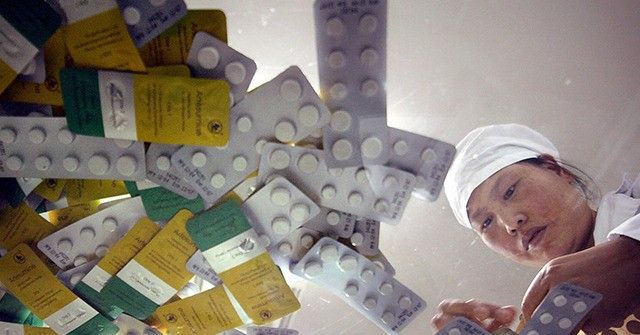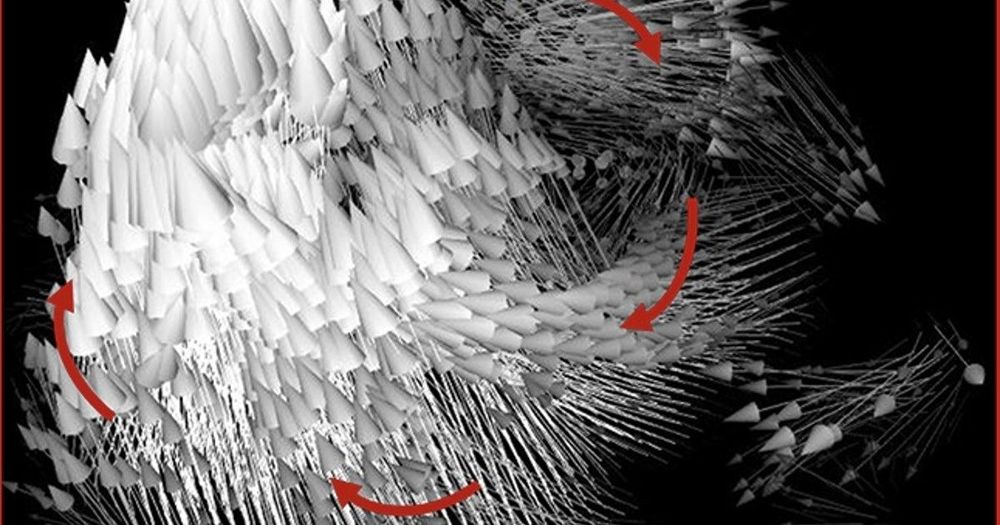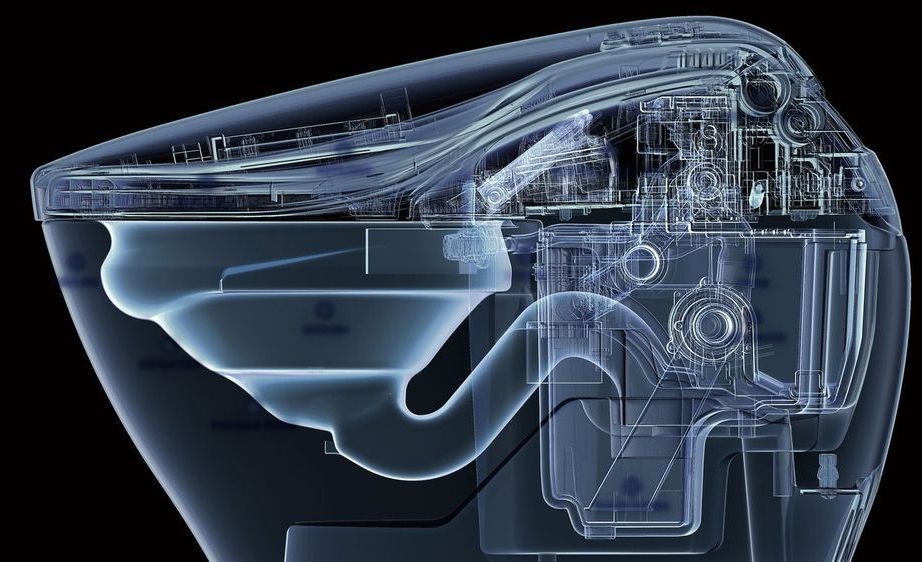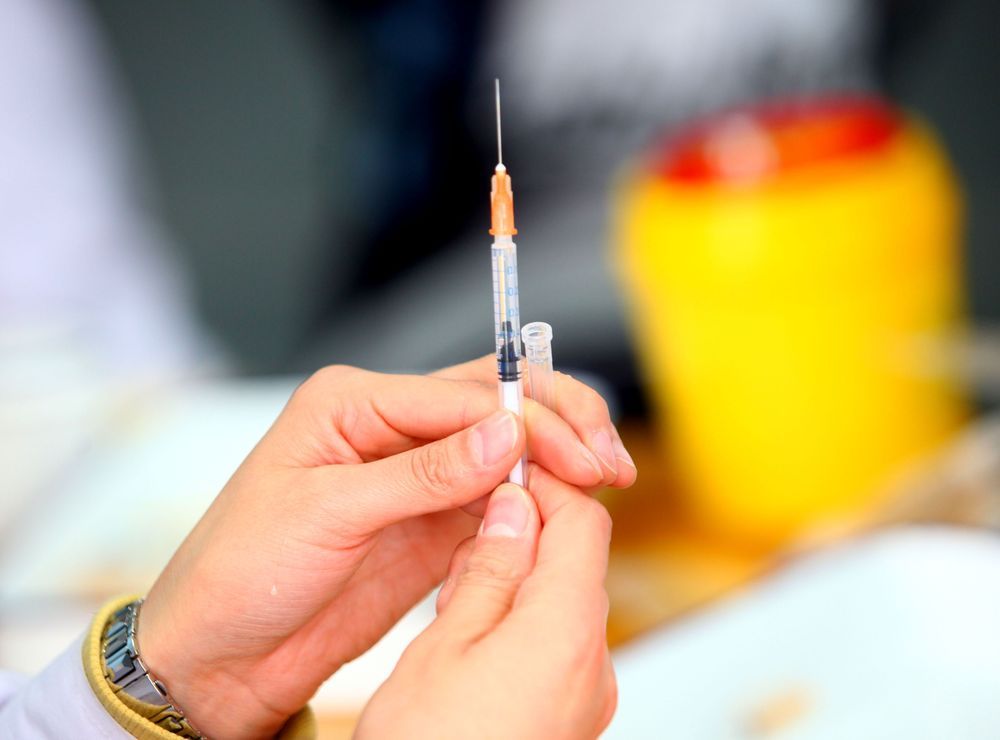With the covid-19 virus spreading in a growing number of countries, many of us are wondering if and how we should prepare. Here’s what to do.



SpaceX has announced March 6 for the launch of its 20th contracted cargo mission to the International Space Station. Its Dragon resupply ship will arrive March 9 with over 5,600 pounds of science hardware, research samples and supplies to the Expedition 62 crew.
Meanwhile, NASA Flight Engineers Jessica Meir and Andrew Morgan are tending to a new experiment, which was delivered early last week aboard Northrop Grumman’s Cygnus cargo craft. The astronauts are exploring the differences between bone cells exposed to microgravity versus samples magnetically levitated on Earth.
Doctors will use the comparisons to gain a deeper understanding of bone diseases. Space-caused bone loss is similar to the symptoms of Earth-bound conditions such as osteoporosis. Astronauts exercise daily keeping track of their diet to counteract the effects of microgravity and maintain healthy bones and muscles.

The very nature of the human race is about to change. This change will be radical and rapid beyond anything in our species’ history. A chapter of our story just ended and the next chapter has begun.
This revolution in what it means to be human will be enabled by a new genetic technology that goes by the innocuous sounding name CRISPR, pronounced “crisper”. Many readers will already have seen this term in the news, and can expect much more of it in the mainstream media soon. CRISPR is an acronym for Clustered Regularly Interspaced Short Palindromic Repeats and is to genomics what vi (Unix’s visual text editor) is to software. It is an editing technology which gives unprecedented power to genetic engineers: it turns them into genetic hackers. Before CRISPR, genetic engineering was slow, expensive, and inaccurate. With CRISPR, genome editing is cheap, accurate, and repeatable.
This essay is a very non-technical version of the CRISPR story concluding with a discussion of Gene Drive[1], a biological technique which, when used with CRISPR, gives even greater power to genetic engineers. The technical details go very deep and for those who are interested in diving in, I’ve included a number of useful pointers. At the end, I will very briefly discuss the implications of these two new technologies.

Pope Francis has come down with a “slight indisposition,” forcing him to cancel a planned Mass in Rome, just a day after he expressed his solidarity with coronavirus sufferers around the world — and as the disease continues to spread across Italy.
The illness has forced the 82-year-old pontiff to nix a penitential Mass, marking the start of Lent, that he’d planned to celebrate at the St. John Lateran basilica across town with Roman clergy, the Vatican said.
Francis will proceed with the rest of his planned work Thursday, but “preferred to stay near Santa Marta,” the Vatican hotel where he lives, officials said.

China could effectively shut down America’s healthcare system within months given the one-party state’s “global chokehold” on the manufacturing of medicines and medical supplies, explained Rosemary Gibson, author of China Rx: Exposing the Risks of America’s Dependence on China for Medicine.
Gibson, senior adviser at the Hastings Center, offered her remarks on Thursday’s edition of SiriusXM’s Breitbart News Tonight with host Rebecca Mansour and special guest host Ed Martin.
Mansour noted how the coronavirus outbreak in China has exposed America’s dangerous dependence on Chinese production of pharmaceutical and medical supplies, including an estimated 97 percent of all antibiotics and 80 percent of the active pharmaceutical ingredients needed for domestic drug production.

The study was published Thursday in the journal Radiology: Cardiothoracic Imaging.
Glimpsing the impossible
To get a closer look at the heart’s blood flow than ever before, the research team used a sophisticated imaging technique called four-dimensional (4D) flow MRI. In real-time, the 4D flow MRI documents blood’s turns, twists, and speed as it moves through the heart. The approach provided results that “could not otherwise be obtained with standard clinical measurements,” Rutkowski says.
Scientists at the U.S. Department of Energy’s Lawrence Berkeley National Laboratory (Berkeley Lab) have made a surprising discovery that could help explain our risk for developing chronic diseases or cancers as we get older, and how our food decomposes over time.
What’s more, their findings, which were reported recently in the Proceedings of the National Academy of Sciences (PNAS), point to an unexpected link between the ozone chemistry in our atmosphere and our cells’ hardwired ability to ward off disease.
“The beauty of nature is that it often decides to use similar chemistries throughout a system, but we never thought that we would find a common link between atmospheric chemistry, and the chemistry of our bodies and food,” said Kevin Wilson, the deputy director of Berkeley Lab’s Chemical Sciences Division who led the study. “Our study is the first to explore another chemical pathway that might affect how well the cells in our bodies — and even our food — can respond to oxidative stress, such as pollution, over time.”


The coronavirus outbreak is bringing attention to the fast-growing vaccine industry.
The vaccine market has grown sixfold over the past two decades, worth more than $35 billion today, according to AB Bernstein. The firm said the industry has consolidated to four big players that account for about 85% of the market — British drugmaker GlaxoSmithKline, French pharmaceutical company Sanofi, and U.S.-based Merck and Pfizer.
“For every dollar invested in vaccination in the world’s 94 lowest-income countries, the net return is $44. Hard to argue against,” Wimal Kapadia, Bernstein’s analyst, said in a note. “This oligopoly has been built through significant market consolidation driven primarily by the complexities of the manufacturing and supply chain.”